Most of us know that unhealed emotional trauma can result in Post-Traumatic Stress Disorder (PTSD) and many of us have even experienced it. But, did you know that we can also carry unhealed emotional trauma from past lives? In fact, there’s a direct link between past life trauma and present-day fears, phobias, and panic attacks. If you’re experiencing any of these conditions, you could be suffering from Past LifeTraumatic Stress Disorder!
Maybe you’re wondering, how can you carry unhealed emotional trauma from one life to the next?
Although you may live many lives and incarnate as very different characters, your soul remains with you from life to life, and even though you may not remember a thing, your soul maintains the memories from all lifetimes and keeps track of “unfinished business.” So, each time you reincarnate, you take it all with you, and this means that if you die with unhealed emotional wounds in one lifetime, you’re born with the same unhealed emotional wounds in another.
Related: 17 Unique Warning Signs Of Complex PTSD
Past Life Trauma – Current Day Issues!
Most of us have no memories of traumatic events that occurred in other lifetimes. Nonetheless, when we carry unhealed past life trauma into our present life, it often manifests as some type of distressing issue that is somehow related to the original event.
When past life trauma surfaces through current life issues, it often triggers Past Life Traumatic Stress Disorder, and, as a result, we might experience irrational fears, anxiety, phobias, or panic attacks.
Here are some examples of how Past Life Traumatic Stress Disorder shows up:
- If you were ever severely punished for not following the rules in a past life, you may have an irrational fear of authority.
- If you were ever rejected or abandoned in a past life, you may have an irrational fear of being different or not fitting in.
- If you were ever enslaved or imprisoned in a past life, you may have an irrational fear of losing freedom.
- If you were ever excommunicated for voicing your beliefs or taking a stand in a past life, you could have a fear of being seen or heard (by the way, this is often the cause of public speaking phobias).
Furthermore, when the same type of trauma is experienced in more than one lifetime, past life scars often become amplified, and, subsequently, with each repetitive experience, the symptoms of Past Life Traumatic Stress Disorder intensify. Also, keep in mind that irrational fears and phobias can include basically anything associated with trauma – even as simple as the fear of pencils or shoelaces.
Unfortunately, until we understand the cause of our irrational reactions, we have no control over the triggers.
Related: Pick a Symbol Of Death and We’ll Tell Which Halloween God or Goddess You Are
Traumatic Death
Oftentimes, Past Life Traumatic Stress Disorder is the result of traumatic death. For instance, one of my friends had panic attacks whenever someone touched his neck or he had to wear a necktie. Not surprisingly, he often had “flashbacks” of being strangled to death in a past life.
Here are some more examples of how a traumatic death can result in present-day fear:
- If you ever died by drowning, you could have an irrational fear of water.
- If you ever fell to your death, you could have an irrational fear of heights.
- If you ever perished in a burning building, you could have an irrational fear of fire.
- If you were ever fatally trapped, you could have an irrational fear of being confined (claustrophobia).
- If you were ever killed by a ferocious animal or deadly insect, you could have an irrational fear of certain animals or insects.
- If you were ever accused of being a witch or burned at the stake for possessing psychic powers, you could have an irrational fear of sharing your gifts.
Frozen to Death
For most of my life, I had an irrational fear of being cold, and, needless to say, this made long, winter months quite unbearable. Honestly, whenever I was cold, I would instantly go into mild shock, and while I couldn’t think clearly, I felt like I was going to die.
Then, one brisk autumn evening, I got terribly lost while hiking through the wilderness alone. As the sun began to set and I was beginning to feel very cold, that familiar panic started to take over. But this time, something different happened. Suddenly, I experienced myself as a tribal warrior who lived in another era. Evidently, I just lost a major battle, and while I was fatally injured and all alone, I was left to die in the frozen wilderness.
After remembering this slow and brutal death, I finally understood my irrational fear of the cold — and why I associated it with death. Believe it or not, after I recalled this memory, the fear of being cold completely disappeared, and, in fact, winter became my favorite season!
Related: What Near-Death Experiences Reveal about the Brain
The Purpose of Re-enacting Past Life Wounds
Let’s be clear; whenever past life trauma manifests as current-day issues, it is never due to punishment nor karma. Instead, past life trauma is carried from life to life in order to support our human survival and spiritual evolution.
You see, in response to past life wounds, we develop survival mechanisms, such as specific fears, anxieties, and phobias, and due to these protective mechanisms, we automatically stay away from potential risks that could result in similar traumas.
Additionally, when emotional wounds are healed during a human incarnation, we master certain virtues that our souls intended to attain – and this is why we experience emotional wounds in the first place.
In a nutshell, while past life trauma is carried from life to life in order to protect us from similar threats, it also gives us the opportunity to reap intended virtues as we heal.
Repeat, Repeat… Heal!
While past life fears keep us from partaking in risky behaviors and also provide opportunities to attain virtues, they also prevent us from living our lives, fulfilling our dreams, and reaching our full potential.
Furthermore, even though details may change from life to life until we heal our emotional wounds, we could repeat the same type of issues over and over again.
Although free will allows us to ignore our wounds indefinitely, if we don’t properly address the cause, these issues inevitably escalate in frequency and intensity, and, at some point, and in some lifetime, they likely result in a personal crisis that cannot be ignored. Eventually, when emotional pain reaches a personal breaking point and familiar coping strategies no longer provide relief, we inevitably seek healing.
However, keep in mind that you don’t need to reach a breaking point in order to heal and you don’t need to repeat the same issues lifetime after lifetime.
Related: How To Deal With Death and Dying As You Age?
Simultaneous Lifetimes
Before we continue, I’d like to acknowledge that the term “past life” could be very misleading. You see, according to quantum physics, all moments of time occur simultaneously, and, if this is true, it means that we are actually living parallel lives. Although we are only aware of this “current” life, who knows what we experience when we’re asleep or when we’re blinking in and out of reality countless times a minute.
Nonetheless, this concept doesn’t change a thing, and, in fact, when it comes to healing, there’s no time like the present!
So, how do we heal past life trauma?
Well, some people choose to heal past life trauma through past life regressions, and this means that under hypnosis they “go back” and remember one or more past lives where they experienced a particular trauma. Although this may sound somewhat “woo woo,” I personally guided past life regressions for many years and the results were often astounding.
Sometimes, just remembering past life trauma is enough to heal it, (for example, my fear of the cold), but, more often than not, healing is a process that must be actively embraced. Therefore, if you want to heal past life trauma through a past life regression, remembering your past life is just the beginning. This is why it’s important to find a reputable past-life regression therapist who knows how to work through multiple life traumas.
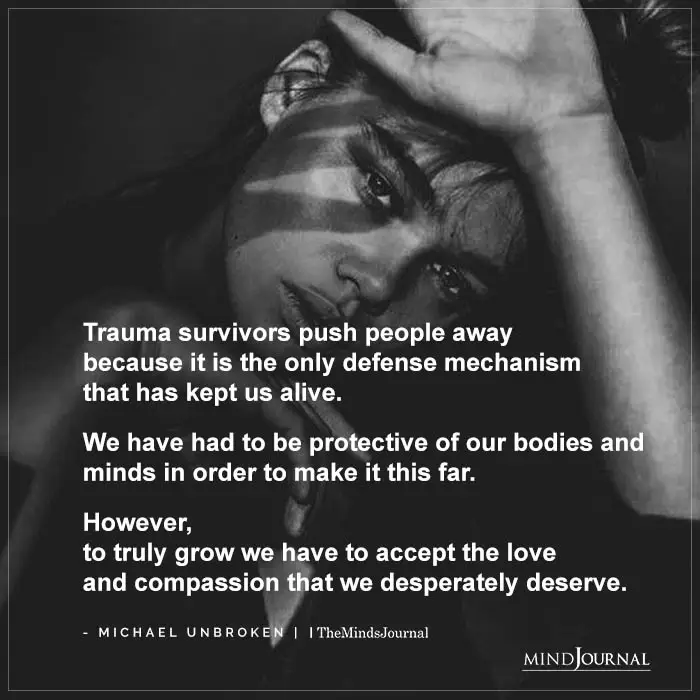
Present Life Healing
Even though it might be interesting to remember who you were or what you experienced in one or more past lives, there’s actually no need to do so. In fact, you don’t need to remember past life trauma in order to heal past life wounds. Since the same issues repeat from one life to the next, and all lifetimes are interconnected through your soul, when an emotional wound is healed in any lifetime that same emotional wound is simultaneously healed in all incarnations.
Therefore, by healing emotional wounds as they surface in your current reality, you inevitably heal those same wounds in all lifetimes!
So, exactly how do we heal emotional wounds?
Well, before we can heal an emotional wound, not only must we identify it, we must also address the real cause. Although we tend to confuse emotional wounds with precipitating traumatic events, emotional wounds are not caused by traumatic experiences!
Regardless of details or timelines, emotional wounds are caused by emotional reactions (how we react to trauma). For instance, if we react to trauma by adopting disempowering beliefs or abandoning ourselves, we self-inflict emotional wounds. Although few can argue that emotional wounds appear incredibly real, if it were not for emotional pain, it would be easy to see that all emotional wounds are based on disempowering beliefs and/or self-abandonment.
Since there’s no quick fix or easy escape, emotional wounds remain with us until we release disempowering beliefs and we stop abandoning ourselves.
By healing these two pivotal components during this lifetime, you inevitably heal all lifetimes!
- For more on disempowering beliefs and trauma, please read “How to Heal Emotional Trauma”.
- For more on self-abandonment and trauma, please read “The #1 Reason Emotional Trauma Doesn’t Heal!”
Related: 30+ Dalai Lama Quotes to Enrich Your Life With Wisdom
You’re Still Here!
Although you may have tragically died in a past life, the fact that you’re reading this now clearly demonstrates that you really didn’t die – did you?
So, despite one or more traumatic deaths, the Real You survived! If this doesn’t prove that you’re a powerful and eternal being, I don’t know what does?
However, if you still need more proof, please consider that your nighttime dreams might also reflect this truth. For instance, if you’ve ever been harmed or killed in a dream, you know that when you wake up in the morning, you’re perfectly fine. Well, believe it or not, life operates in much the same way.
In fact, since we are all “willing dreamers” in the dream of life, every one of us withstands an array of challenges, triumphs, and adventures throughout many lifetimes. Yet, no matter how realistic the dream called “life” maybe, when we awaken in the afterlife, we are completely unharmed, no worse for wear, and immensely better for the experience.
So, rest assured, not only is your survival guaranteed, the ultimate destination ensures a successful outcome!
Just like light illuminates darkness, this truth can heal you and set you free!
Written By Nanice Ellis Originally appeared on: Wake Up World Republished with permission.
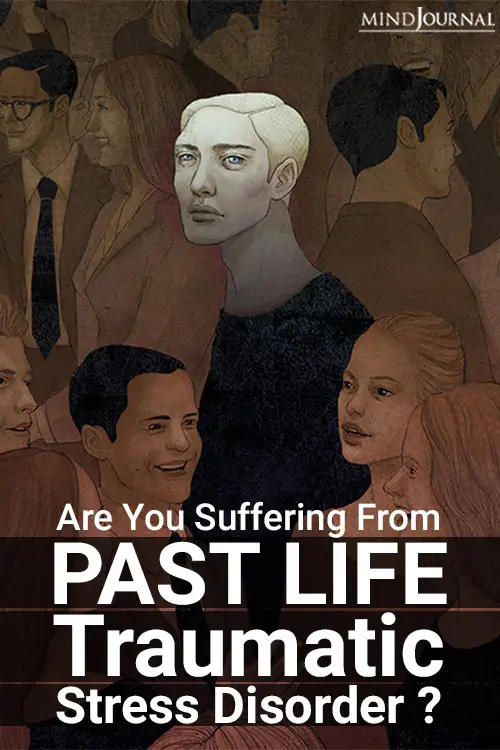
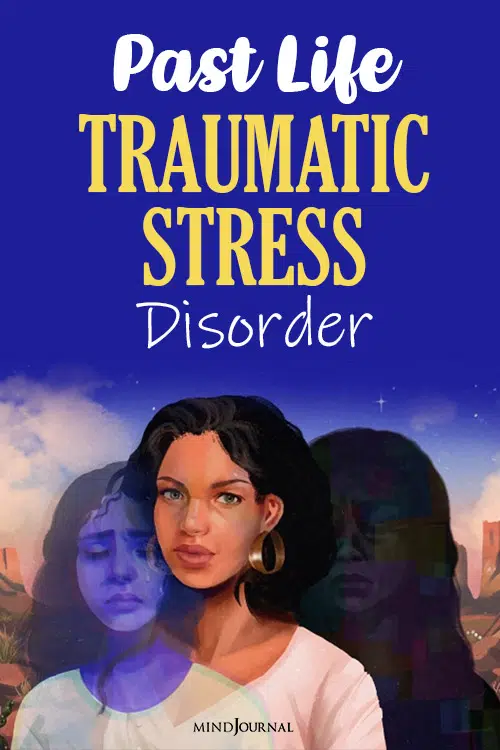
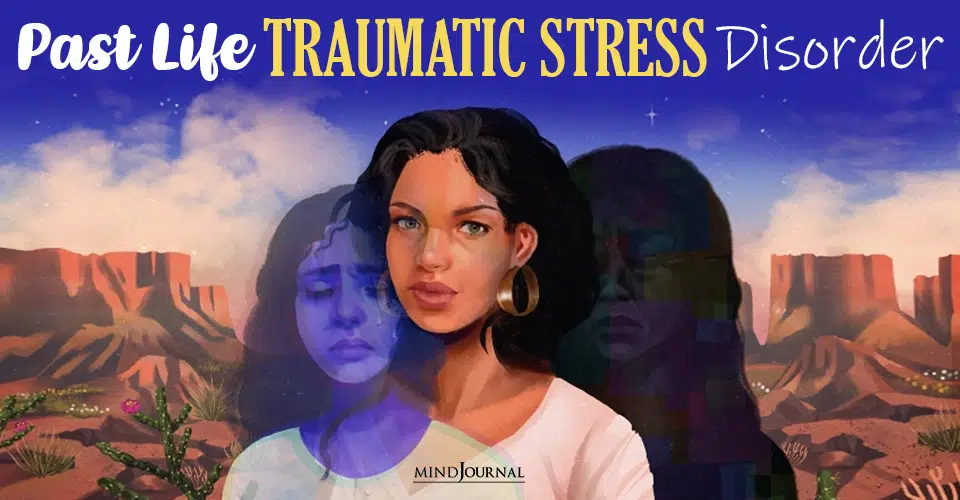
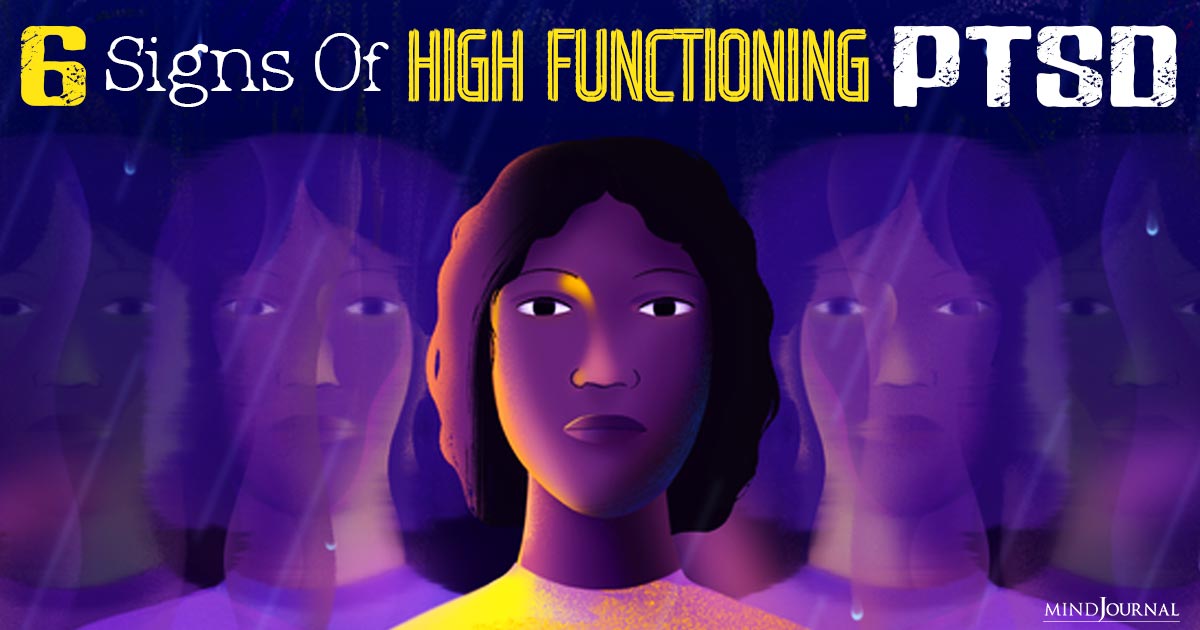
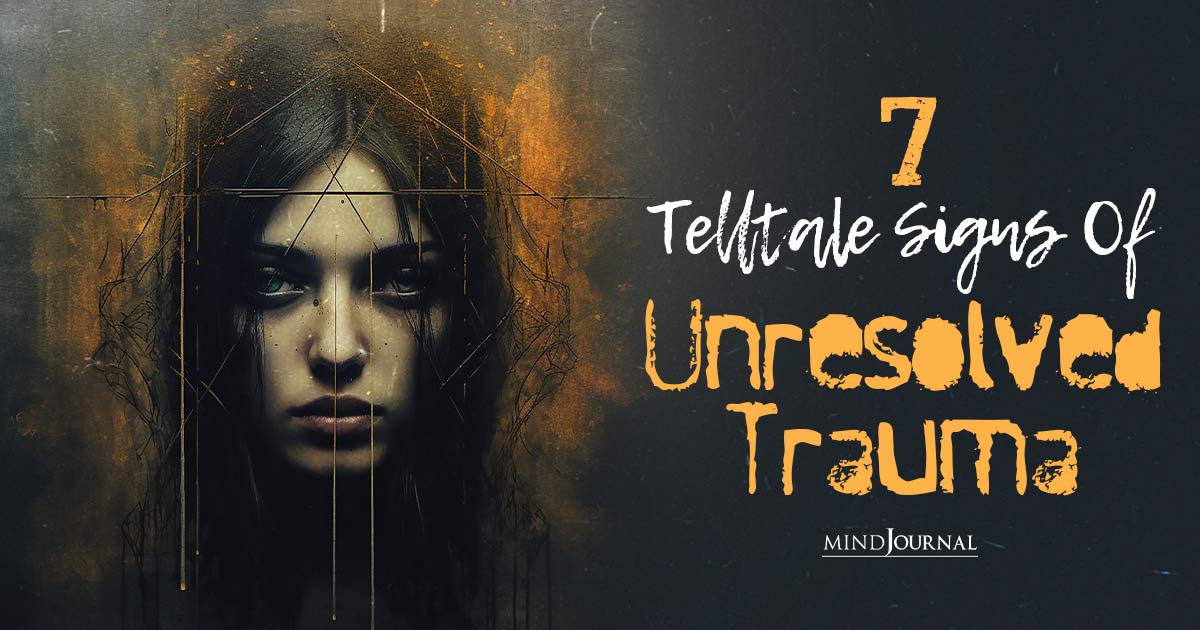
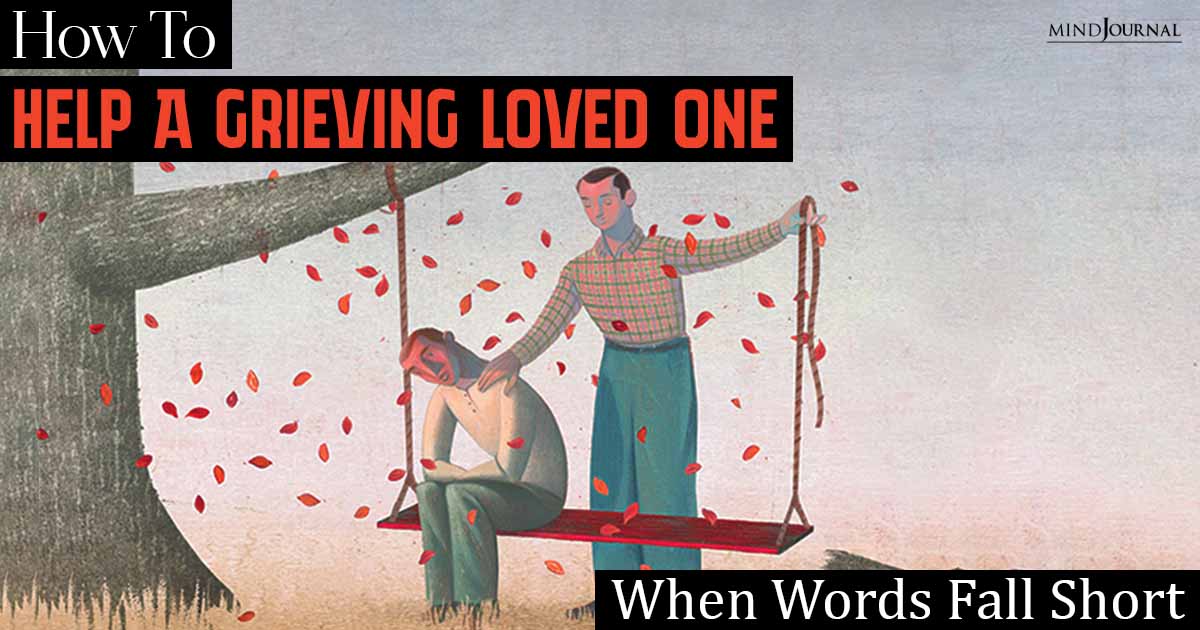
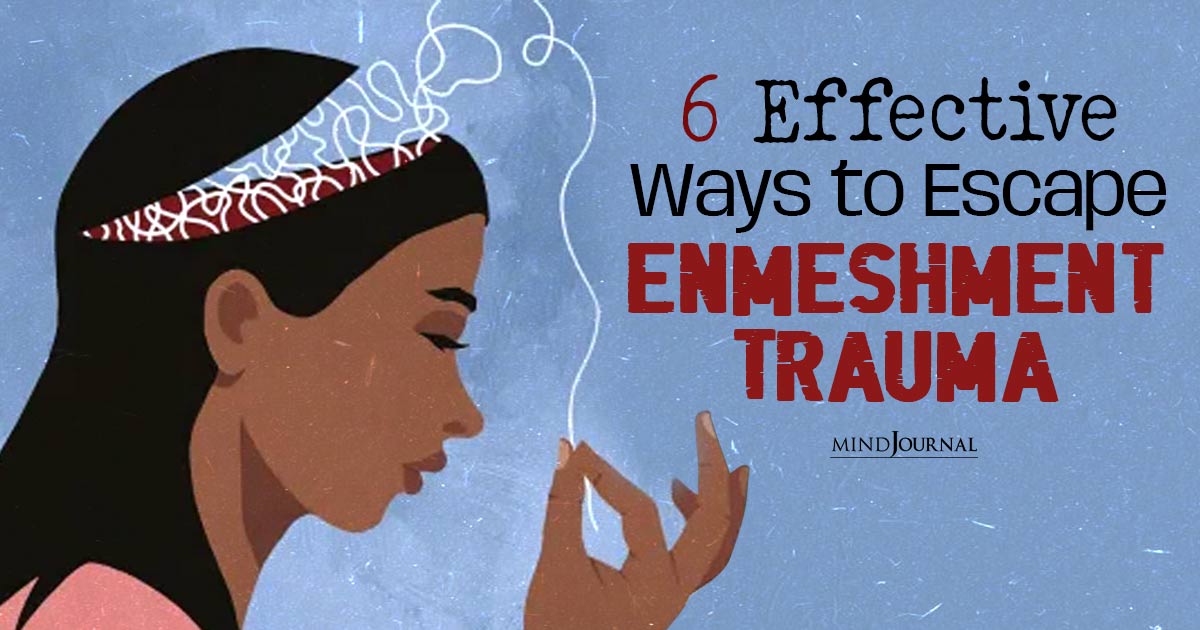
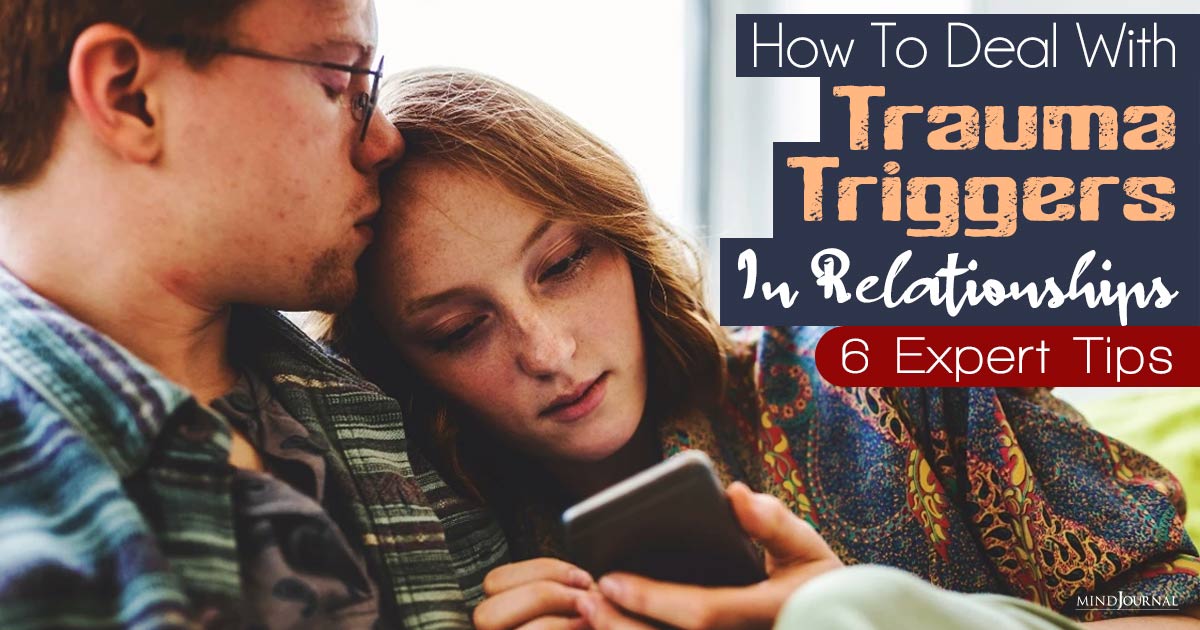
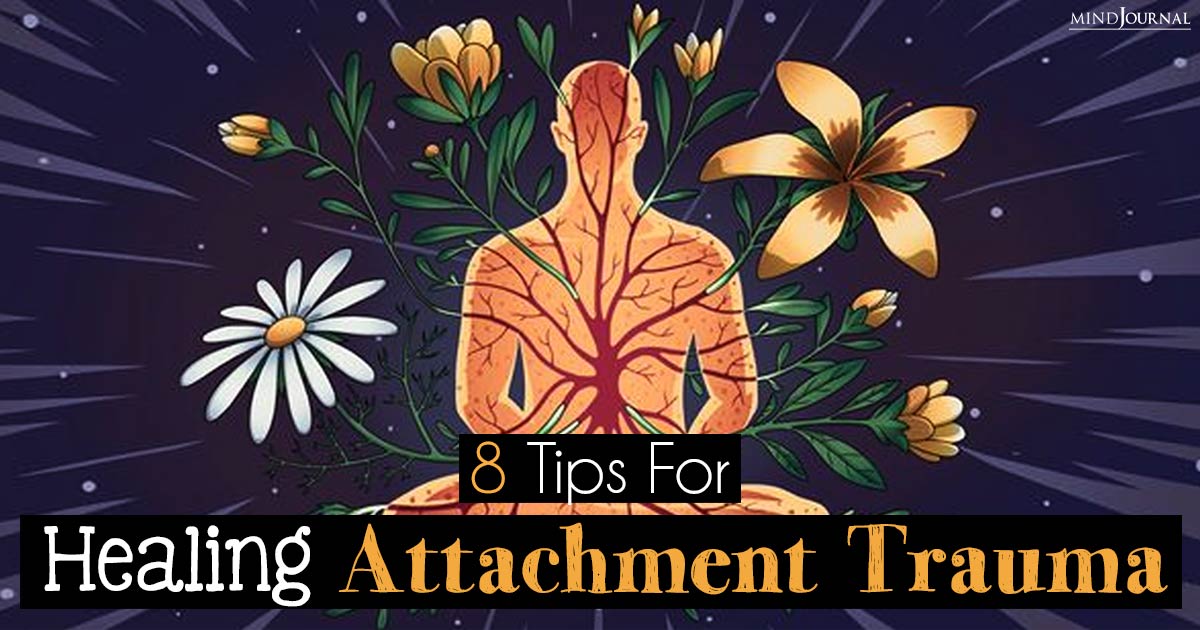
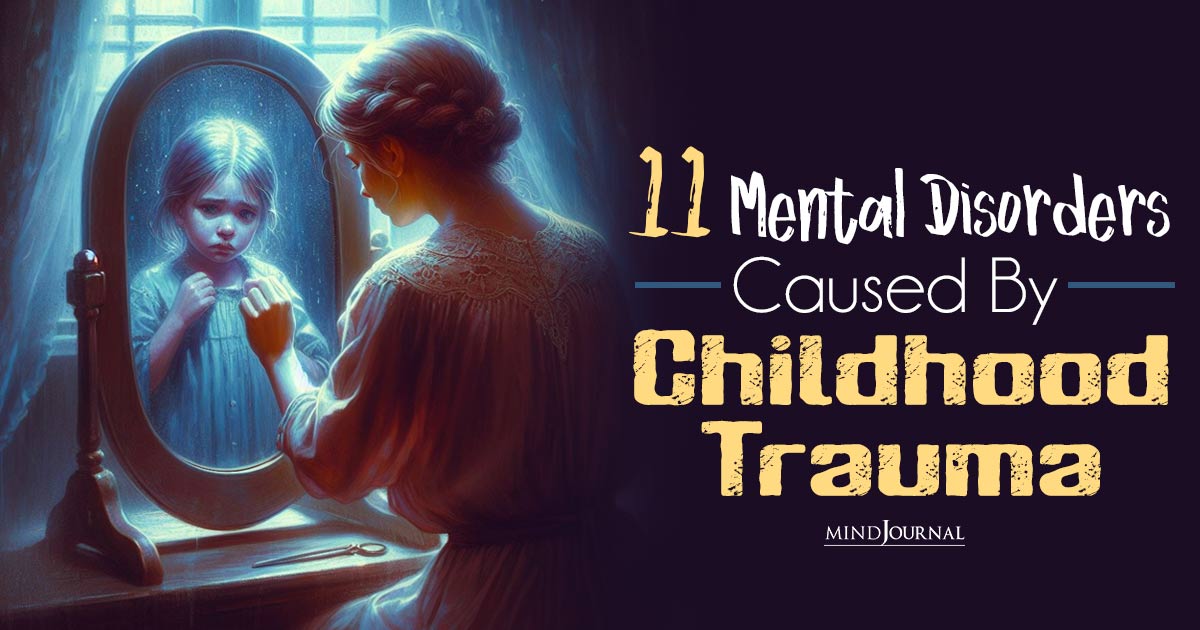
Leave a Reply
You must be logged in to post a comment.